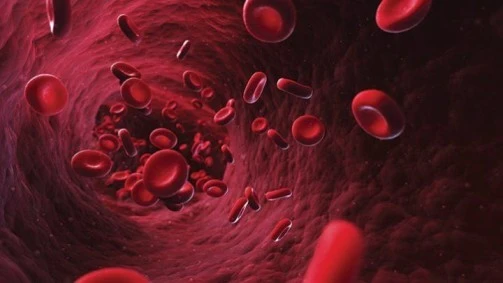Are you the latest prey to the marketing gimmick of low-fat yogurt and protein bars? We bring you all the reasons why low-fat yogurt or protein bars may be pushing up your blood sugar.
Reason for the spike in blood sugar
Since it’s a processed food, it is also deficient in the good stomach bug. Protein bars that contain a significant number of added sugars or high-glycemic carbohydrates can lead to a sharp increase in blood sugar levels. However, many protein bars are formulated with low-glycemic carbohydrates, fiber, and a balanced macronutrient profile, which can help to mitigate the glycemic impact.
Also read | India’s Aamras Tops Global List Of Best Rated Mango Dishes
Precautions to be taken
We all need a specific amount of protein every single day based on the body weight. The base recommendation is 0.8 grams of protein per kilogram of body weight, and for someone who is older or more active may need 1 gram or even 1.5 grams of protein per kilogram. But that doesn’t mean you should take supplements, like protein bars or shakes, to meet those needs.
An individual consuming protein bar wants it to taste good, and some of the bars have as much as 30 grams of added sugar, which isn’t that far from a candy bar. At that point, if one consumes a candy bar it would mean eating a protein bar fully loaded with sugar, which will ultimately add unwanted extra calories to your diet.
Is probiotic yogurt healthy?
Yogurt contain carbs known as lactose, a naturally occurring sugar in milk. Some yogurts contain good bacteria, known as probiotics, which are important for our gut and overall health. however, the lactose is partially broken down into two simple sugars, so it can still make a difference to your blood glucose levels.
About Author
Miss Jeiyaa Shah is studying law from Pune University. With a keen eye for authenticity, she is currently honing her craft as a writer to pen down the voices with utmost sincerity and integrity











